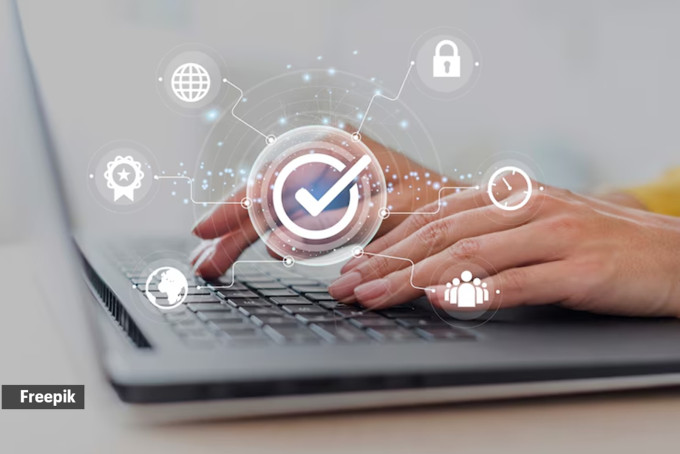Janhvi Kapoor opens up about being sexualised as a teenager; found photos on what ‘seemed like a pornographic site’
In today’s digital age, teenagers are increasingly exposed to the risks of online sexualisation and privacy invasion, and celebrities like Janhvi Kapoor have shared their experiences about finding their photos on inappropriate sites, highlighting the need for greater awareness and protection.
In a recent conversation with filmmaker Karan Johar, Kapoor recalled the time when she attended an event with her parents, mother Sridevi and father Boney Kapoor, at the age of 12 or 13 years old. Several photos were clicked and circulated online, but what bothered her the most was when she discovered that they had been uploaded on what “seemed like a pornographic site.”

We are all aware of the dangers of the internet, not just for well-known star kids like Kapoor, but also for ordinary children who are glued to screens today.
To help parents and teens navigate these challenges, we spoke with Poras Pratap Singh, founder, Neurix, Indore, who provided practical advice on maintaining a safe and healthy online presence.
Common methods used by online predators to target teenagers
According to Singh, “The trickery that online predators use to deceive teenagers is mostly pretending to be someone they know who has similar interests to them, or sometimes even their friends.”
They could also send out deceptive messages or links accessing personal content to extract information or hack accounts by means of phishing, he asserts.
Predators may even become catfishers, who act like someone else to elicit sensitive information or photographs. “Cyberstalking is another form where one looks for a lot of information on their prey by tracing the activities of the teenager on the screen.”
 Report any suspicious behaviour to your parents or another trusted adult right away. (Source: Freepik)
Report any suspicious behaviour to your parents or another trusted adult right away. (Source: Freepik)
Advice for teenagers
Singh stresses, “Do not divulge your address, information about your school, or phone number to anybody you become online friends with. Think twice before you add that new friend to the contact list on your social media page.”
Share your social platforms with appropriate privacy settings, with only those known to you. Report any suspicious behaviour to your parents or another trusted adult right away, and use the reporting tools available to you on the platform.
“Adolescents will need to be extremely careful with the information and images they post online. What one posts—once it is posted—it can hardly be erased off the internet,” he cautions.
Strong and unique passwords and dual-factor security can help lock online accounts securely. Keep yourself informed of any changes in privacy settings and new features on all social media platforms. Go to a responsible adult if at any time you feel uncomfortable or threatened by any interactions online.
Effective strategies or tools parents can implement to monitor and protect their child’s digital footprint
Keep the child safe without being invasive and promote open communication; compel them to be vocal about their online activities, he recommends.
“Light monitoring of the activities online can be done using parental controls like Bark, Qustodio, and Norton Family.”
Educate your children about personal information, risks in sharing personal information, and the necessity of a digital footprint. Limit the hours that they should surf the net and control the sites they visit. Together, set privacy settings on their social media accounts.
Disclaimer: The copyright of this article belongs to the original author. Reposting this article is solely for the purpose of information dissemination and does not constitute any investment advice. If there is any infringement, please contact us immediately. We will make corrections or deletions as necessary. Thank you.

